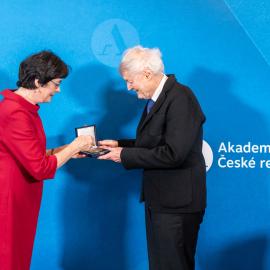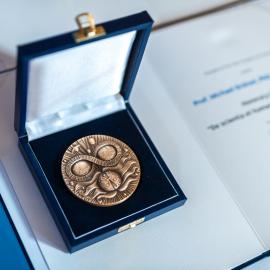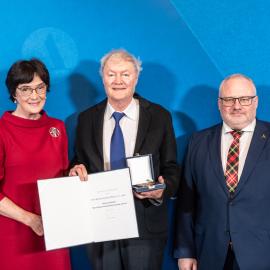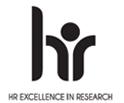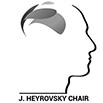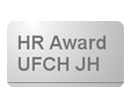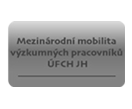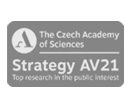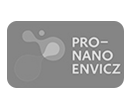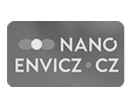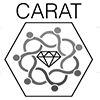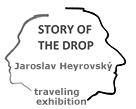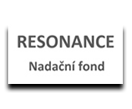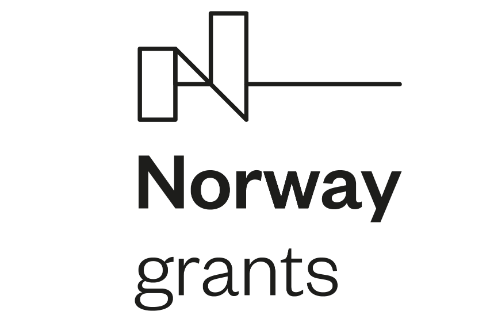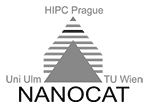Medal De scientia et humanitate optime meritis for Prof. Michael Grätzel
Upon the proposal of the J. Heyrovský Institute of Physical Chemistry, the Czech Academy of Sciences has awarded on November 21, 2024 Professor Michael Grätzel (Laboratory of Photonics and Interfaces, EPF-Lausanne) its highest medal, De scientia et humanitate optime meritis, in recognition of his significant contributions to research on electron transport processes in mesoscopic systems, the development of dye-sensitized and perovskite solar cells, new battery materials, as well as his enduring active collaboration with Czech scientists.
Michael Grätzel’s remarkable scientific carrier began with a master’s degree from the Free University of Berlin, followed by a PhD from the Technical University of Berlin. After habilitation, M. Grätzel moved to Switzerland, where in 1981, he became a professor at the Swiss Federal Institute of Technology in Lausanne (EPFL). There, he founded the Laboratory for Photonics and Interfaces (LPI), and still serves as its director. In 1991, he discovered the dye-sensitized solar cell, later known as the Grätzel cell. His laboratory has since emerged as one of the world’s leading centers for advancing materials and technologies for solar cells and batteries, frequently setting new records in solar energy conversion efficiency. In 2012, he co-invented the perovskite solar cell, marking a significant breakthrough in modern photovoltaics.
M. Grätzel has collaborated with the Czech scientific community for over 40 years, notably with the J. Heyrovsky Institute of Physical Chemistry of the Czech Academy of Sciences (CAS) in training of scientists, PhD students, and postdoctoral researchers. This partnership has been supported by the Swiss scholarship program for new EU member states (Sciex-NMSch) and eight joint European projects (FP5-7, H2020). These collaborations have led to 59 joint publications with >10,000 citations.
M. Grätzel has delivered the keynote lecture at the 62nd Congress of the Czech Chemical Society, the 2008 Brdička Lecture, and numerous talks at CAS-co-organized conferences, e.g., the Bunsen Discussion in 2006, the EuroNanoForum in 2009, and the Heyrovsky Discussions in 1983, 1990, 2000, and 2011. This collaboration has been reciprocated by the participation of Czech scholars in lecturing, PhD defense committees, and even visiting professorships at EPFL, which have been granted to three CAS scientists. Altogether, affiliates from the Academy (PhD students, postdoctoral researchers, and professors) have completed a total of 106 person-months in long-term visits (>month).
M. Grätzel has been honored by some of the world’s most prestigious academic awards, such as the Zewail Prize in Molecular Science, the Global Energy Prize, the Millennium Technology Grand Prize, the Marcel Benoist Prize, the King Faisal International Science Prize, the Einstein World Award of Science, the Harvey Prize in Science and Technology, and the Balzan Prize. He has also received 15 honorary doctorates from universities across Europe and Asia. Recently, we were happy to note that Charles University in Prague will award M. Grätzel yet another honorary doctorate in early 2025. Currently, he is recognized as the most highly cited chemist worldwide, with an impressive record of 2,236 publications, approximately 467,000 citations, and the H-index of 297.
Prof. Ladislav Kavan



